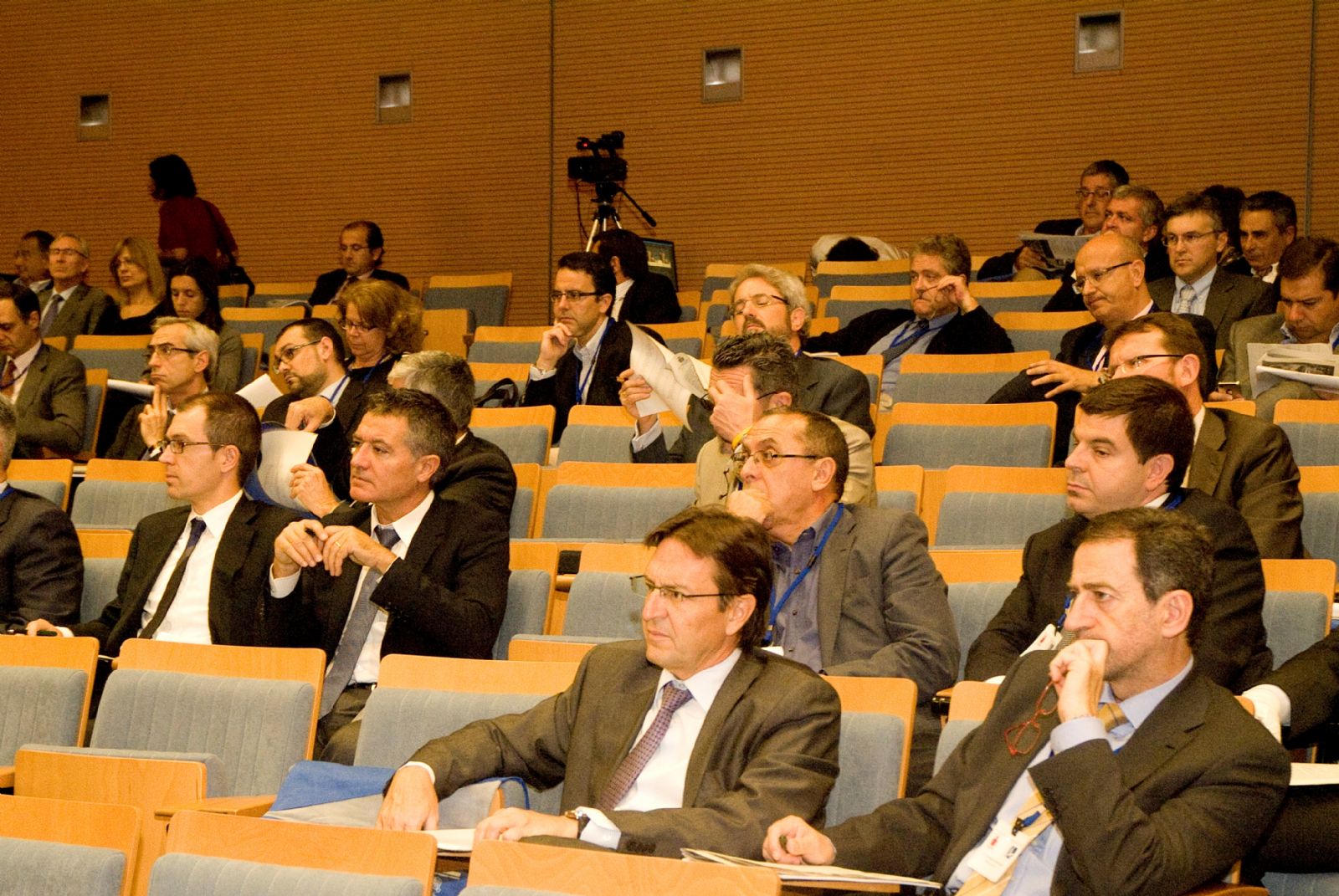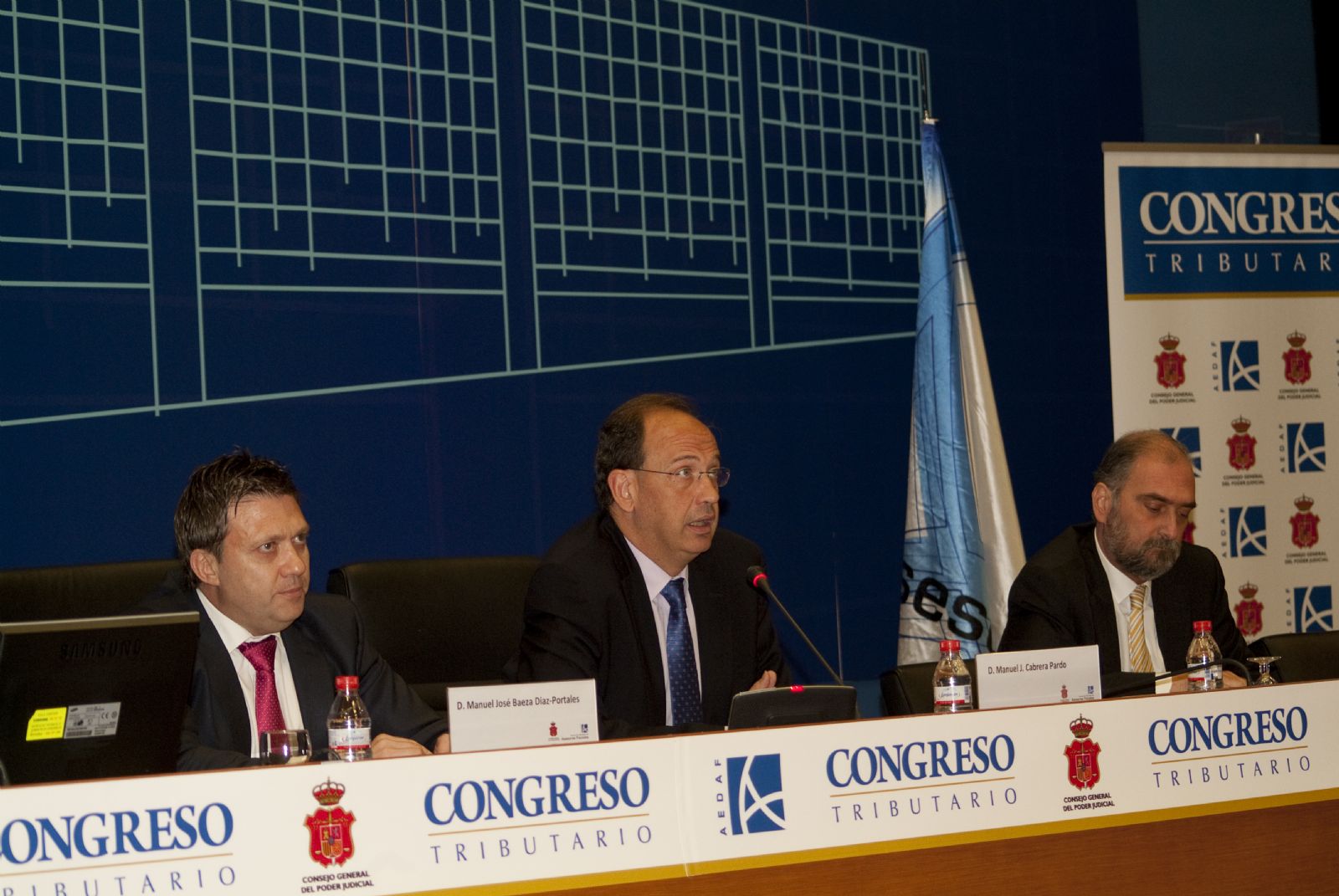VIII Congreso Tributario
- 6/1/2012
- 0 comments

Del 23 al 25 de mayo AEDAF y el Consejo General del Poder Judicial celebraron el VIII Congreso Tributario, donde se debatieron diferentes cuestiones en materia de derecho tributario.
El encuentro dirigido por Manuel José Baeza, Magistrado de la Sala de lo Contencioso-Administrativo del Tribunal Superior de Justicia de la Comunidad Valenciana, se celebró este año en el marco de la Ciudad de la Justicia de Valencia, el lugar idóneo para dar continuidad e impulsar nuevas acciones de formación específica y reflexión teórica referidas al ámbito del Derecho fiscal y la Hacienda pública.
Debido a la gran acogida por parte de los ponentes y asistentes en los últimos Congresos, se mantiene el formato utilizado mediante la exposición de un mismo tema o materia a dúo (un magistrado, un abogado fiscal o un miembro de la Administración Tributaria) y en otros casos a trío (un magistrado, un abogado tributarista y un miembro de la Administración Tributaria), facilitando el debate entre ellos, así como con el resto de los asistentes al Congreso.
El Congreso contó con la presencia –por parte de todos los colectivos- de representaciones de relieve, incluyendo magistrados del Tribunal Supremo, de la Audiencia Nacional, catedráticos de Derecho Tributario, directores y socios de importantes firmas de asesoría fiscal, miembros de Tribunales Económico-Administrativos, además del subdirector General de Tributos.
El delegado especial de la AEAT de Valencia, Manuel J. Cabrera, fue quien inauguró el Congreso, junto a Antonio Durán-Sindreu y Manuel Baeza. Cabrera destacó la positiva colaboración entre las “diferentes sensibilidades” representadas en el Congreso, y señaló que la misión de la AEAT en el mismo, como invitados, era “explicar la postura de la Agencia y sus actuaciones en función de los intereses públicos”. Para Cabrera, el Congreso Tributario “está doblemente de actualidad”, ya que todas las ponencias en las que intervino algún representante de la Agencia trataron sobre temas recaudatorios “que están actualmente en revisión”.
Tras una última ponencia a cargo del subdirector General de Tributos, Antonio Montero, la clausura corrió a cargo de Fernando de Rosa, Vicepresidente del CGPJ, y Mariano Ferrando Marzal, presidente de la Sala de lo Contencioso-Administrativo del T.S.J. de la Comunidad Valenciana.
Todos los ponentes, y gran parte de los asistentes destacaron el nivel de los temas tratados en el Congreso, que se supera año tras año.



0 comments